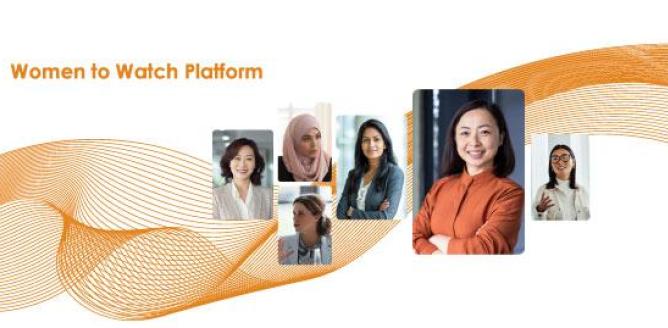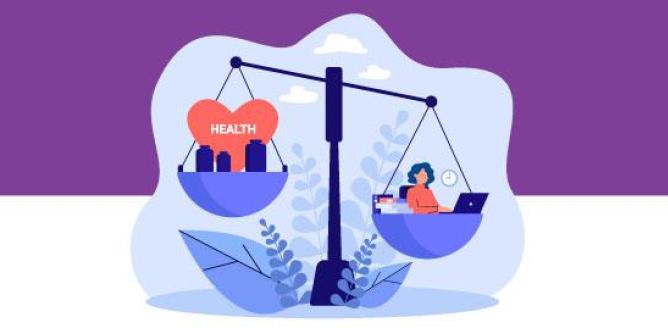While we hope everyone is taking out some time to slow down and recharge this summer, we also know the work to close the gender gap continues. From sports to STEM, there have been some critical global developments for women and girls. Here are three highlights:
Gender equality progress and challenges at the Tokyo Olympics: With viewers around the world poised to watch the Olympic Games this Friday, the International Olympic Committee (IOC) has committed to hosting the most gender balanced Olympics in history with athletes comprising 49% women and 51% men. The IOC also required at least one female and one male athlete to be on each of the 206 teams. Importantly, female athletes will have greater visibility in promotion and broadcasts than in previous Olympic Games. Despite this progress, female athletes are still facing a disproportionate number of challenges, including safety concerns such as body image issues, bullying, a win-at-all-costs culture and medical problems, which must be swiftly addressed. The Olympic Games have the opportunity to role model gender sensitive and gender equal practices for the rest of the elite sports world, and we hope to see them lead in this aspect.
US$40 billion pledged to advance women and girls: At the conclusion of the United Nations Generation Equality Forum earlier this month, Governments, private sector and philanthropic organisations pledged US$40 billion to accelerate gender equality in what has been noted as the “largest-ever collective infusion of resources” to address challenges facing women and girls. As the pandemic has disproportionately impacted women and girls, these commitments are timely and needed to ensure they do not fall behind as economies recover. We are keen to see how these pledges translate into action and determine how we can adopt some of these recommendations in Hong Kong.
STEM gender gap persistent and concerning: UNESCO released its Science Report 2021 which revealed that while women are at parity in life sciences in many economies, they are significantly under-represented in sectors that require disruptive technical skills such as engineering (20%), AI (32%) as well as cloud computing. This is particularly concerning as these sectors are all critical for our future. The report also provides recommendations to address these challenges, among them debunking harmful stereotypes that deter girls from studying these subjects, which is at the heart of TWF’s STEM programmes for girls.
At TWF, we will continue to monitor these international developments, looking for ways in which we can integrate learnings into our own work and better understand challenges women and girls face everywhere. Let’s work to strengthen our collective efforts to close the gender gap.
What will you do this summer to advance gender equality?
Get in touch at Fiona.Nott@twfhk.org.





















